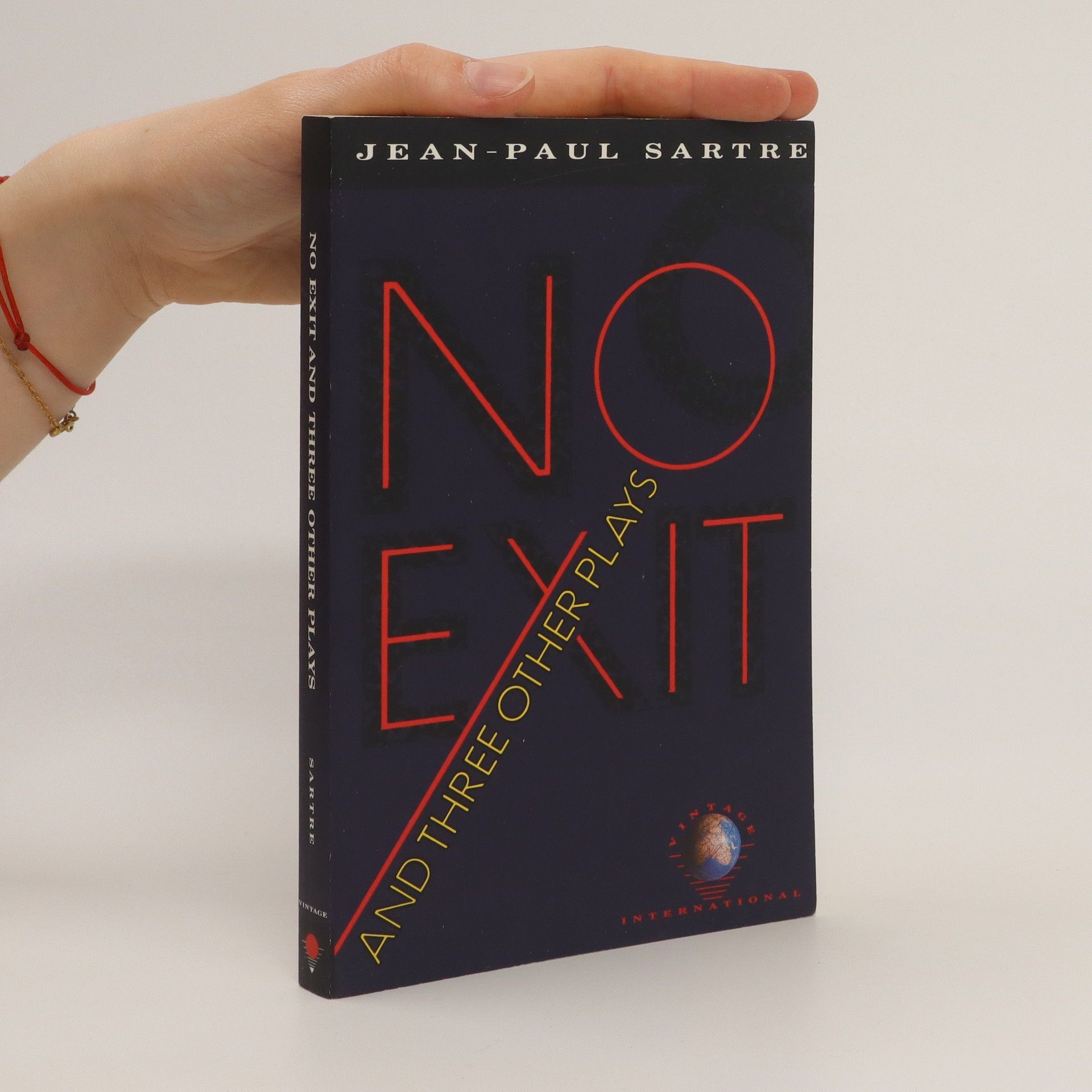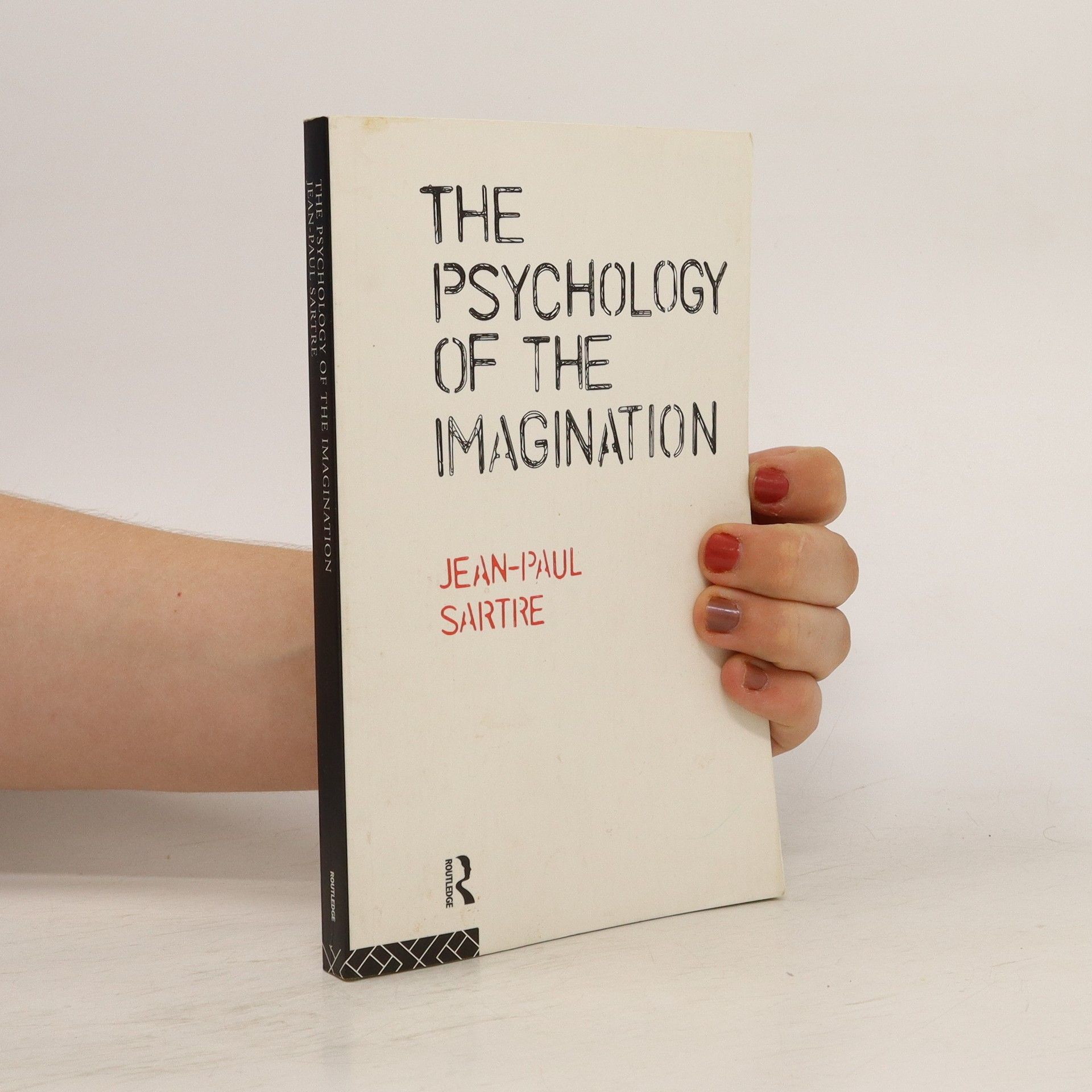El existencialismo es un humanismo se ha convertido en un clasico del pensamiento occidental del siglo XX, sobre todo porque en el aparecen expuestas de una forma clara y accesible, no solo el pensamiento de Jean-Paul Sartre sino tambien las propuestas fundamentales del existencialismo. En cierto sentido, este breve texto resume las claves de toda la obra sartreana posterior, pues el pensador frances se mantuvo siempre fiel a los principios basicos trazados en el. El pensamiento de Sartre se revela como un instrumento muy util para afrontar el presente.
Jean Paul Sartre Libros
Jean-Paul Sartre fue un filósofo y escritor existencialista francés, una figura clave del pensamiento del siglo XX. Su obra explora temas como la libertad, la responsabilidad y la búsqueda de la verdad, lo que lo convierte en una voz influyente. Aunque rechazó el Premio Nobel de Literatura, sus escritos moldearon profundamente el panorama intelectual de su época. Sartre profundizó en la condición humana y sus implicaciones a través de ensayos filosóficos, dramas y novelas, dejando una marca significativa en la literatura y la filosofía.

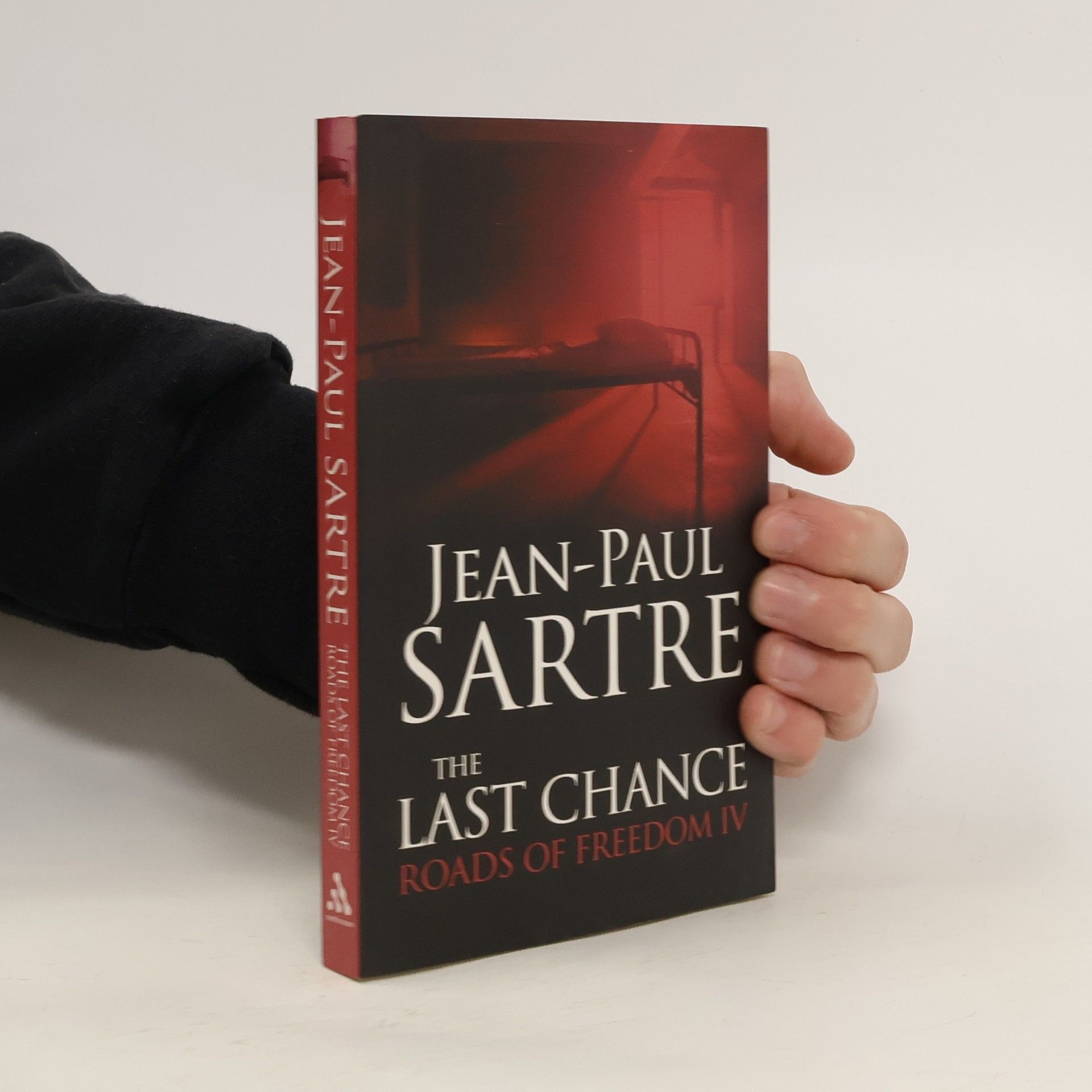

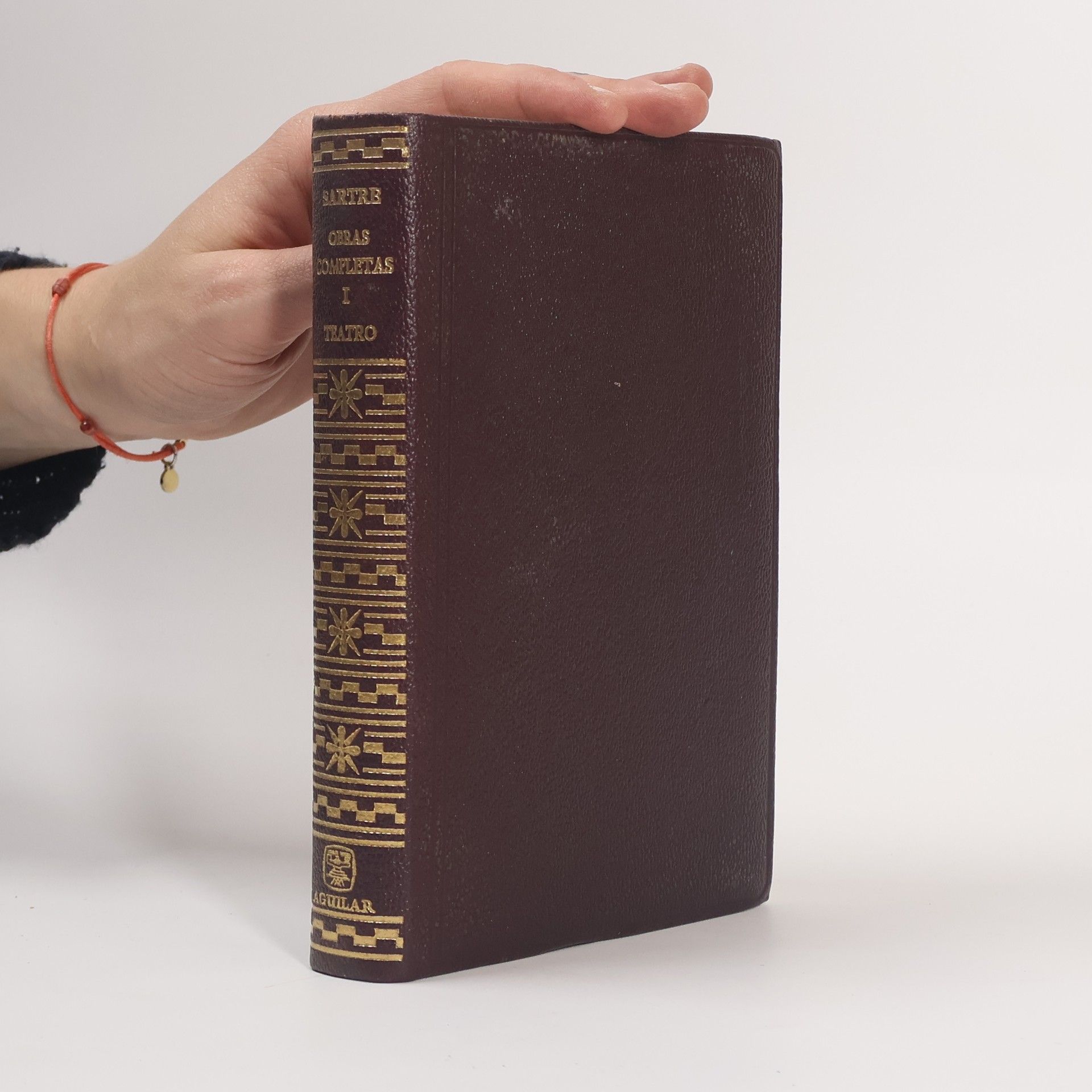
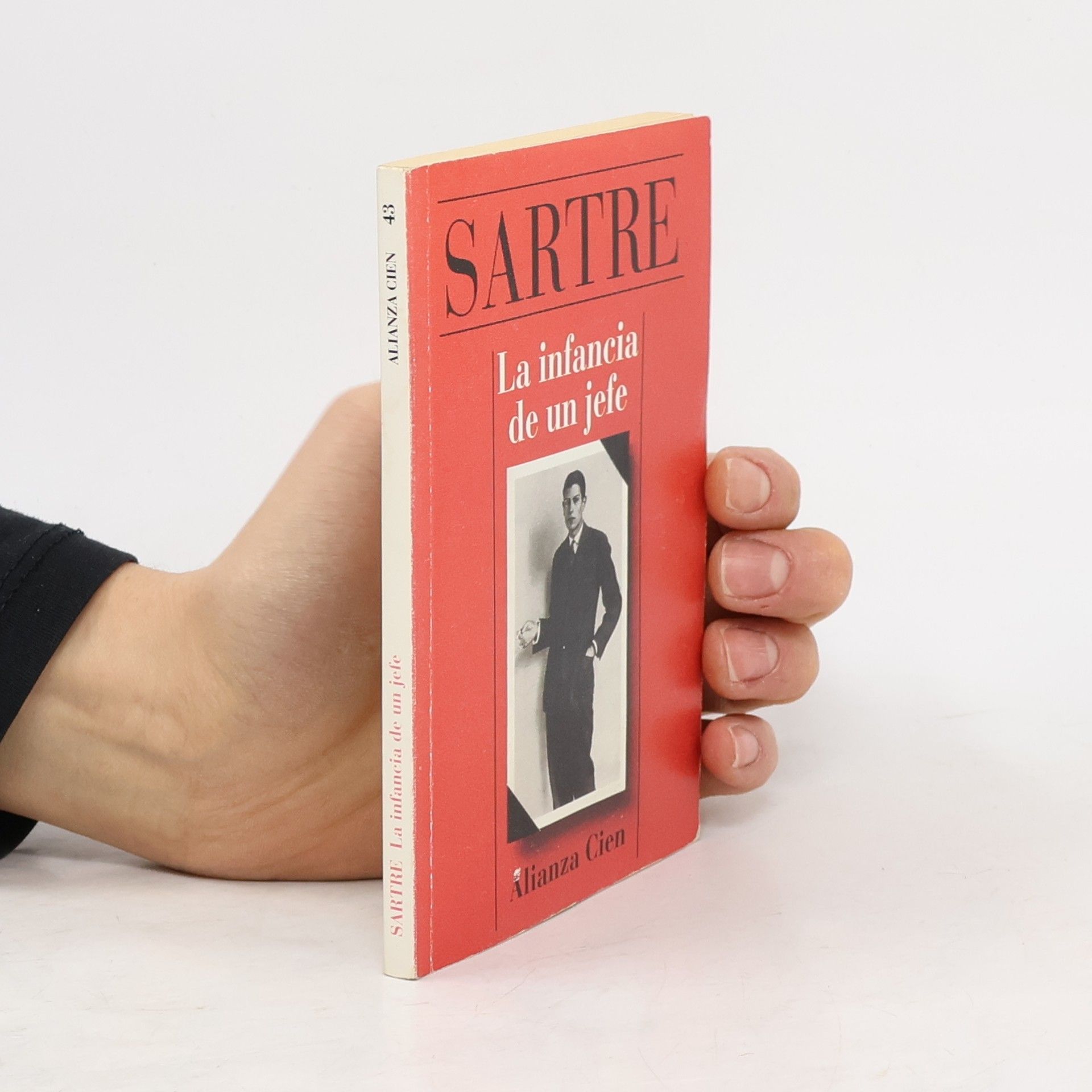

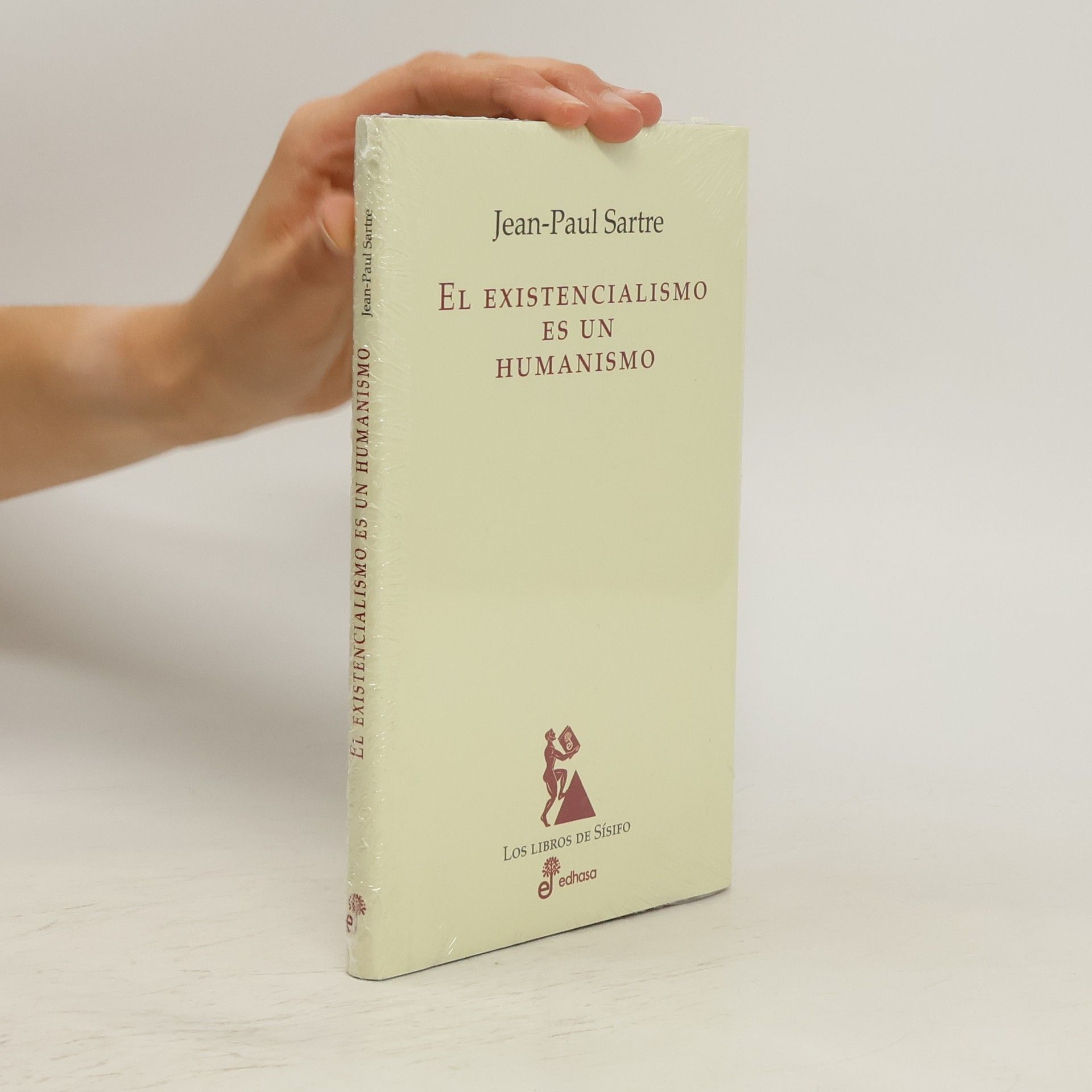
La náusea
- 190 páginas
- 7 horas de lectura
Hay un tipo de escritor que aparece ya todo hecho en su primera novela. Ocurre con Céline, en el Viaje al fin de la noche. ocurre con Moravia en Los indiferentes. Y ocurre también con Sartre en La náusea, primera novela tardía, publicada cuando el autor tenía 33 años, donde ya está toda la complejidad del personaje, con todas sus contradicciones y las diferentes facetas que desarrollará después en el resto de sus obras. En La náusea tenemos ya la fórmula "exister c'est être là, simplement", lema del existencialismo sartriano cuyo desarrollo teórico culmina en El ser y la nada. Y también ese presente fenomenológico que tanto influenciará a los autores del Nouveau Roman. En la figura del Roquetin historiador que lucha por darle un sentido a la vida del marqués Rollebon está ya en germen el Sartre de las biografías de Baudelaire, Flaubert, Mallarmé y Genet. Y también la obsesión por la fealdad y la mirada de los otros.
Cuando era un niño, las amigas de su madre alababan la belleza femenina del aspecto de Lucien Fleurier. Estos comentarios acabaron sabiéndose entre los chicos de su colegio y su barrio y le ocasionaron no pocos altercados. A medida que ha ido creciendo, las dudas en Lucien se han multiplicado. Una crisis de identidad parece inminente. Su padre decide llevarlo a su fábrica para que contemple aquello que él heredará. Esto, lejos de tranquilizarlo, le hará tomar decisiones contundentes e inesperadas.
Critical Essays
- 532 páginas
- 19 horas de lectura
Critical Essays (Situations I) contains essays on literature and philosophy from a highly formative period of French philosopher and leading existentialist Jean-Paul Sartre’s life, the years between 1938 and 1946. This period is particularly interesting because it is before Sartre published the magnum opus that would solidify his name as a philosopher, Being and Nothingness. Instead, during this time Sartre was emerging as one of France’s most promising young novelists and playwrights - he had already published Nausea, The Age of Reason, The Flies, and No Exit. Not content, however, he was meanwhile consciously attempting to revive the form of the essay via detailed examinations of writers who were to become central to European cultural life in the immediate aftermath of World War II. -- Provided by publisher
The first English translation of Sartre's unfinished fourth volume of Roads of Freedom, exploring themes central to Sartrean existentialism.
NOBEL PRIZE WINNER • Four seminal plays by one of the greatest philosophers of the twentieth century. An existential portrayal of Hell in Sartre's best-known play, as well as three other brilliant, thought-provoking works: the reworking of the Electra-Orestes story, the conflict of a young intellectual torn between theory and conflict, and an arresting attack on American racism.
The Freud Scenario
- 576 páginas
- 21 horas de lectura
The book presents a previously lost script by Sartre, centered on the life and theories of Freud. This unrealised classic sheds light on Sartre's unique perspective on Freud's work, revealing insights into psychological and philosophical themes. Discovered posthumously, it offers readers a rare glimpse into Sartre's creative process and his engagement with one of the 20th century's most influential thinkers.
The Psychology of the Imagination
- 256 páginas
- 9 horas de lectura
First published in 1972. Routledge is an imprint of Taylor & Francis, an informa company.
Between Existentialism and Marxism
- 304 páginas
- 11 horas de lectura
Exploring the intersection of existentialism and Marxism, this classic work delves into the philosophical ideas of its author, a key figure in existential thought. It examines the implications of individual existence, freedom, and responsibility while critiquing societal structures. Through rigorous analysis, the text reveals how existentialist principles can coexist with, and even enhance, Marxist theory, offering a profound commentary on human experience and social justice.
